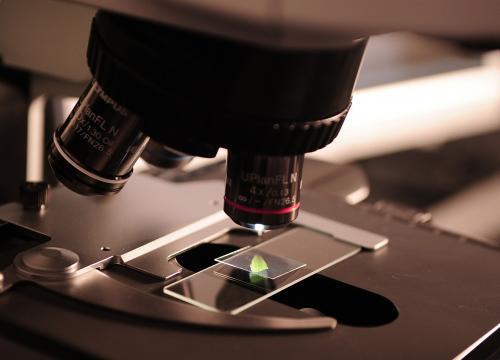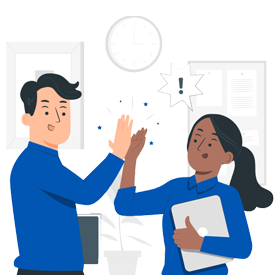Public lecture: Dr. Rajul Pandya, Director of Thriving Earth Exchange (American Geophysical Union) presented case studies and stories to explore the elements of successful partnerships. There are lots of places where scientists, community leaders, and community members are working together to use science – including Earth and environmental science - to build a better future. Whether it is to improving vaccination strategies in Ghana, building a flood-resistant town-hall in Georgia, or looking for dangerous chemicals leaking into Denver basements, we’ve seen lots of examples of community science partnerships that encourage resilience and support environmental justice. The best of these partnerships advance community priorities, connect research to on-the-ground impact, introduce new ideas and people to science, and introduce scientists to new questions and new ways of thinking. In short – the best partnerships help science become more included and inclusive.
Workshop: After the lecture, a workshop for graduate students and postdoctoral researchers on developing strong scientist/community partnerships was co-led by Dr. Pandya, Susan Sullivan, former director of CIRES Education Outreach, and Ben Kirshner, Director of CU Engage. Workshop leaders and participants talked, frankly, about some of the risks and costs of partnership - for both scientists and communities – and explored some strategies to mitigate those risks and minimize those costs while building the capacity and inspiration for this imporant work.
The Engaged Scientist series was coordinated by CU's new Albert A. Bartlett Center for Science Communication, CIRES Education and Outreach, INSTAAR, and Learn More About Climate at the Office for Outreach and Engagement.
Context for Use
This workshop was part of the Engaged Scientist Series. Although the workshop has concluded, resources are available below.
Goals Header
Goals
The goals of this workshop were to:
- Develop knowledge of how to approach and scope a community research project
- Learn how to pitch a project to an organization
- Be able to anticipate some common issues and possible solutions
- Define your own idea of what you would like to do
- Get connected with like-minded colleagues




